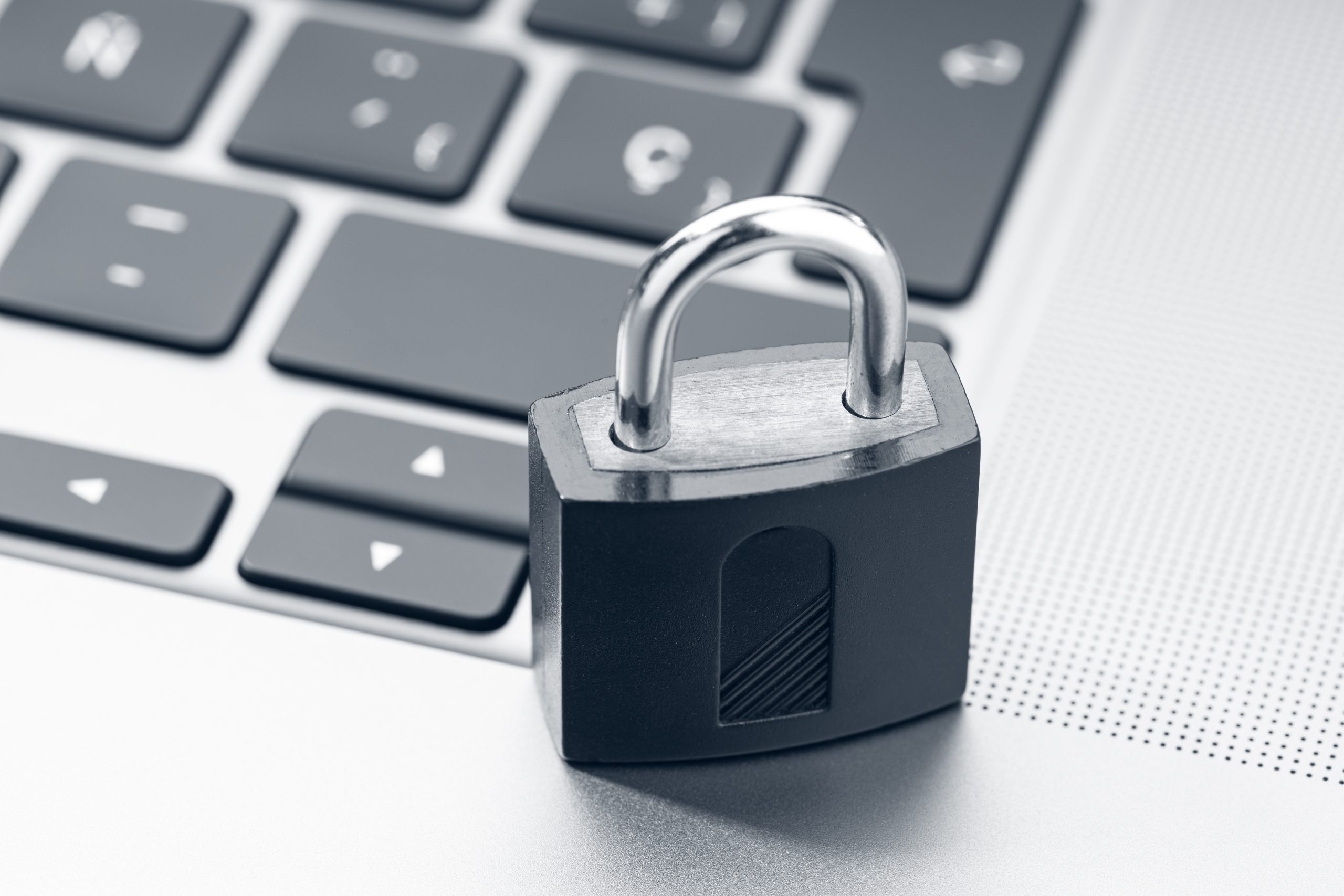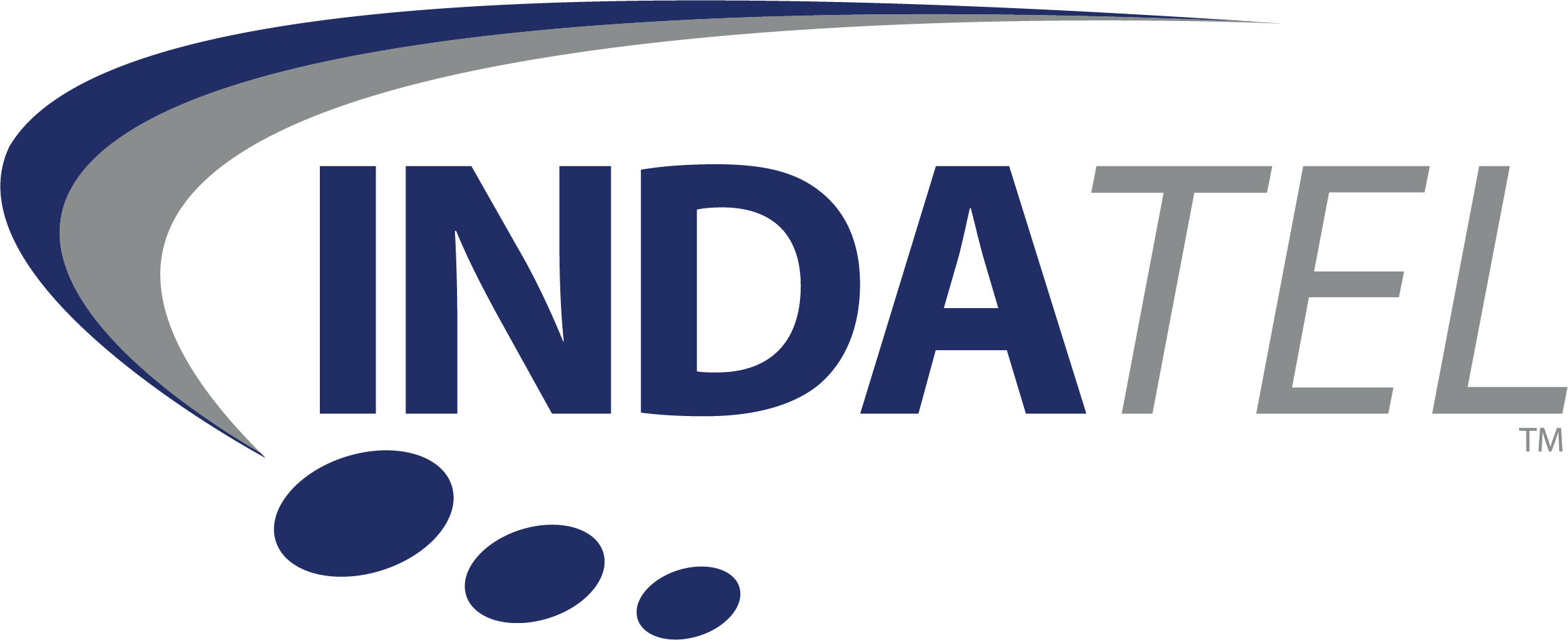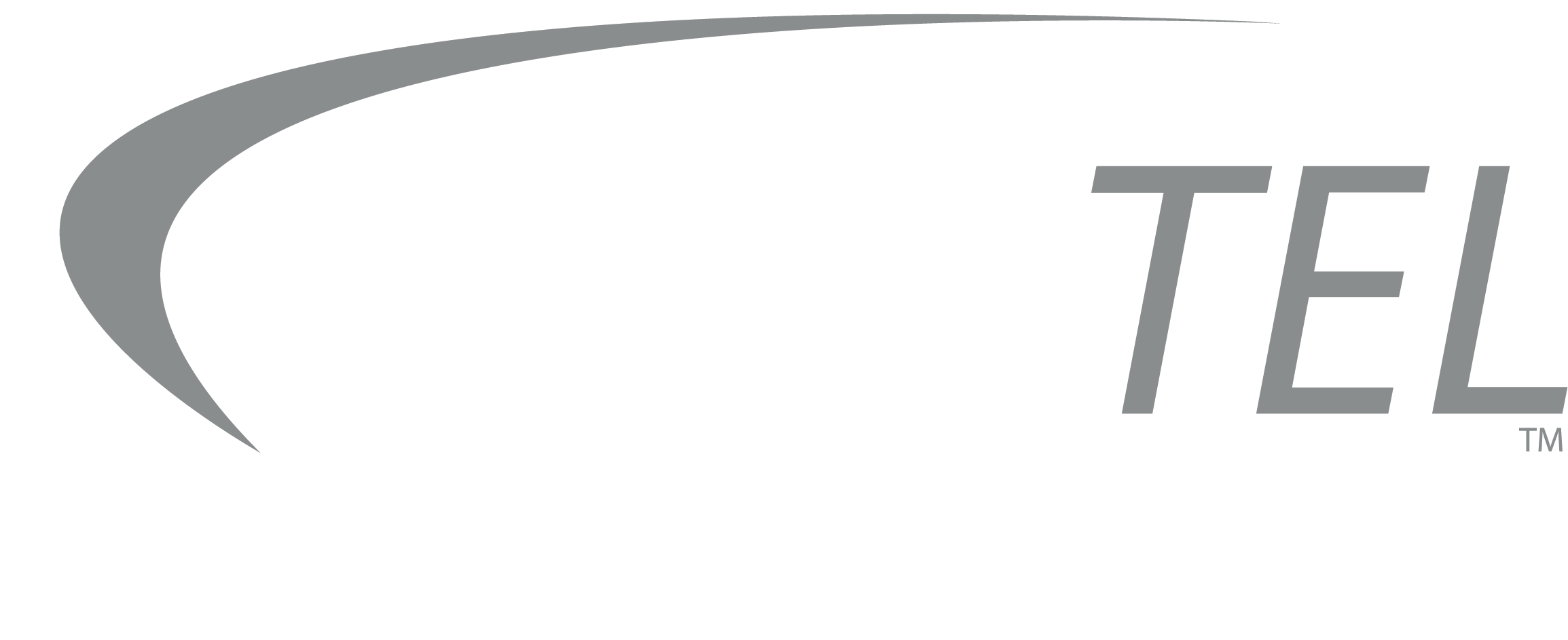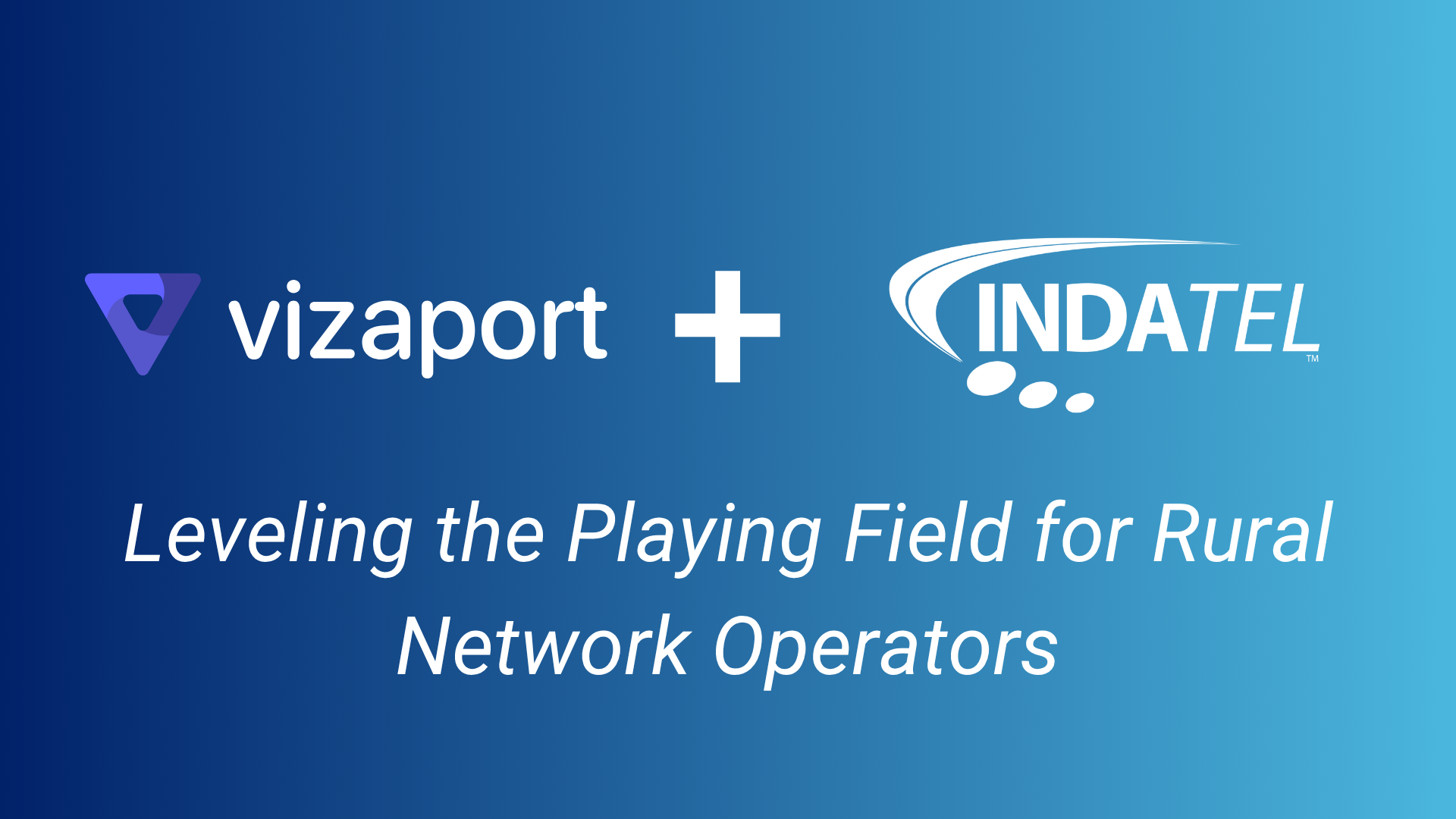
Cybersecurity: How Companies and Individuals Can Stay Secure While Using Fiber Internet
When it comes to cybersecurity, not all internet infrastructures are created equal. Fiber optic internet infrastructure is far less vulnerable to cyberattacks thanks to its unique properties.
Cybersecurity and how to combat digital attacks was just one of the topics we touched on during our June 2022 INDATEL Symposium in Minneapolis. Matt Gilbert from UNITEL and Charles Killmer from FRSecure jointly presented on the topic of cybersecurity coverage and risk mitigation.
During the presentation, Gilbert reported businesses worldwide had roughly $6.9 billion dollars in estimated loss in 2021 alone due to cybersecurity attacks. On average, the ransom paid by these companies to the malicious actor was $332,168 in Q4 2021. Of this data, nearly 82% of the businesses hit by ransomware attacks had less than 100 employees.
Killmer focused on the different steps an individual can take to keep both personal and corporate data secure – and they all have to do with knowing entry points to your computer. From connecting to an unsecure internet point, e.g. local coffee shop, to opening a malicious email involved in a phishing scam, or simply walking away from your unlocked computer can give a person access to your most vulnerable information and target your company.
What is a malware attack?
Malware attacks are categorized as a cyberattack that executes unauthorized actions on your computer like a virus. There are multiple types of malware attacks, but the most common are ransomware, spyware, rootkits, and trojans. In the 2021 State of Email Security Report by Mimecast, it was found that 61% of companies experienced a ransomware attack that disrupted their business processes.
What is a ransomware attack?
Ransomware is a type of malware that infects computers and encrypts our data. Malicious actors will demand a ransom to give you the necessary decryption key to access your files. Anyone who uses the internet is at risk for a ransomware attack.
A way to protect yourself is to have fewer data entry points where your system can be targeted, in addition to keeping your operating system and software up to date. Ensure you’re constantly backing up your system and store it on a separate offline device.
How is fiber internet more secure than other forms of internet?
Fiber optic networks are less susceptible to hacking because of technological differences in fiber infrastructure. Fiber uses all-dielectric self-supporting cables, a type of optical fiber cable strong enough to support itself between structures. This secures the endpoints in the network, which are common entry points that cyberattacks target.
While hacking optical fiber cables does sometimes happen, the skillset needed, combined with time, patience, and an extremely powerful computer, makes instances of it few and far between.
In contrast, signals from 5G, satellite, or fixed satellite infrastructure can easily be intercepted due to being signal-based communications. The design of 5G networks, which utilize small cells connected to the cloud and a base network to send signals of information, has been criticized for enabling additional entry points for cyberattacks. Also, 5G and other signal-based technologies lack the secure endpoints fiber infrastructure benefits from.
It is important to note that while using fiber internet is more secure than other infrastructures, it does not completely protect the user.
About INDATEL
INDATEL Services provides fiber connectivity utilizing its unique independent member network. INDATEL’s members represent more than 400,000 fiber-optic route miles and over 1.5 million serviceable buildings primarily focused on rural and suburban America. INDATEL serves its customers through its national aggregation PoPs, reaching over 700 independent providers currently operating in 47 states. For more information about INDATEL Services, visit www.indatel.com
About UNITEL
UNITEL is the largest communications agency in the U.S. and has been directly active in the communications business sector for over 10 years. UNITEL’s team has more than 100 years of combined experience in technology and communications insurance and risk management. Although traditional insurance markets are most commonly used, UNITEL is able to provide a number of risk management techniques to any insurance problem in order to achieve adequate coverage at an affordable price.
About FRSecure
FRSecure is a full-service information security management company that protects sensitive, confidential business information from unauthorized access, disclosure, distribution and destruction.




